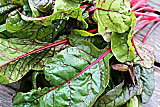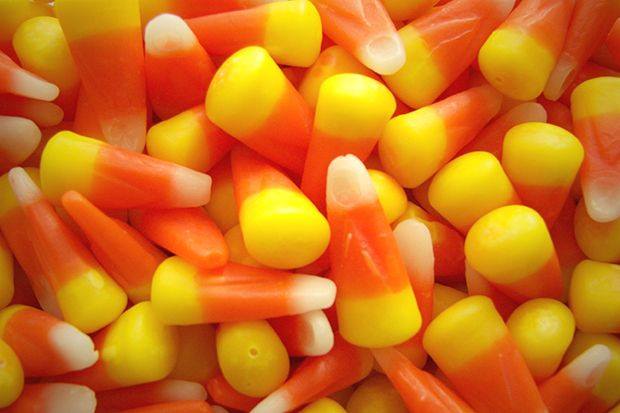ITG Diet Blog
The ITG Diet blog delivers informative weight loss tips, health resources and nutritional information to help you along your weight loss journey.
Understanding Organic Food Claims
- Font size: Larger Smaller
- Hits: 7187
- 0 Comments
 Are organic foods really better for us? Do they taste better? How do they really compare to conventionally grown foods? The mainstream concept of organic foods makes sense… that you should only eat those foods that are not grown with manmade and potentially toxic chemicals. Yet I have to wonder why someone would be healthier if they ate food sprayed with fresh organic green manure rather than food that was treated with conventional manmade products.
Are organic foods really better for us? Do they taste better? How do they really compare to conventionally grown foods? The mainstream concept of organic foods makes sense… that you should only eat those foods that are not grown with manmade and potentially toxic chemicals. Yet I have to wonder why someone would be healthier if they ate food sprayed with fresh organic green manure rather than food that was treated with conventional manmade products.
We pay a higher price for organic foods. Do we really know why organic food is healthier, or is it even healthier? What makes food organic and why is it better?
Conventional vs Organic?
Conventional farming uses fertilizers and pesticides so they are normally able to attain higher yields and produce crops that are more resistant to disease. Organic farming is more of a process to attain the right to use an organic label. But those organic processes may not be as fertilizer-free and pesticide-free as many of us thought.
There are two main labels to consider; 100% Organic and just Organic. Products that are 100% Organic contain only USDA certified organic ingredients. A product that is just labeled Organic must contain at least 95% organic ingredients. A label of Made With Organic Ingredients means the product cannot use the USDA Organic Seal and must contain at least 70% organic ingredients.
Certified organic crops are not produced with irradiation, synthetic chemicals or GMOs. Products that are certified organic means that natural resources were protected during the process, thereby promoting ecological sustainability while maintaining biodiversity. So organic isn’t just about what products were used to grow the food. It’s also about the processes involving biodiversity within the farm. That the term organic doesn’t just apply to the application of natural products during the growth process is normally lost on the consumer, which brings us to another confusing point...
Organic vs All-natural
Neither the FDA nor the USDA has regulations for all-natural foods. All-natural foods can be whatever the marketing guys want them to be. They can be loaded with heavily processed artificial preservatives, colors and flavors. There just isn’t a good rule on what all-natural really means so, basically, the guidelines are left up to the company to practice its own regulations.
The term all-natural loses something when you read the official definition from the FDA. “From a food science perspective, it is difficult to define a food product that is 'natural' because the food has probably been processed and is no longer the product of the earth.”
Most people really can’t define either organic or all-natural so they’ve been swayed into associating these terms with health. Yet that association is really a clever play on reverse psychology. The organic marketing campaign is based on unsubstantiated claims they’ve made that organic and all-natural labels automatically make a food better for you. They can’t really tell us why these words make the food better for you and, instead, they focus on explaining why conventionally farmed foods are bad for us. They claim that conventional chemicals in fertilizers and pesticides harm us. Yet, as I wondered in the beginning of this blog, Why would someone either feel or be healthier if that same food plant was organically sprayed with fresh manure instead?
Is Any Organic Food Unhealthy?
It’s clear that not all organic foods are created equal. There are some nutritionally rich organic foods available in foods such as vegetables, fruits, meat, poultry, grains, nuts and dairy. But there are also many high carb foods labeled organic that you should probably avoid altogether. This is a double whammy since high carb foods can lead to cravings and weight gain.
The USDA does not claim that organic products are more nutritious than non-organic products. Most growers of organic foods also don't claim their foods are more nutritious, and many studies trying to prove this for them have been inconclusive. Non-organic foods have the same amount of vitamins and nutrients as organic products, as long as they haven't been processed with unhealthy additives.
Science has not supported the promises of organic food. Most people would agree it’s better not to use antibiotics in livestock feed yet many of the claims made by the organic and natural food industry simply don’t hold up to scientific testing. Organic farmers are not making us better with healthier food. So think before you buy into the marketing scare tactics and hype. It may be time to face up to reality: If you’re a regular organic shopper, you may be wasting your money.
By Mike Beatty
August 2014











